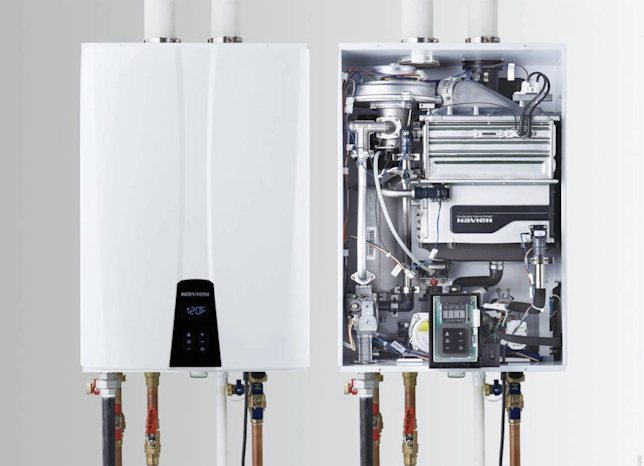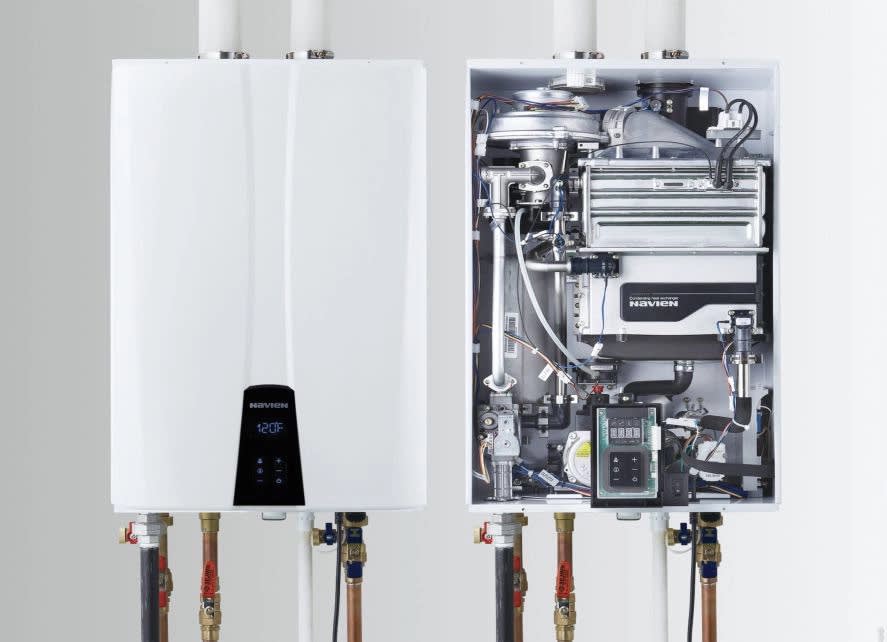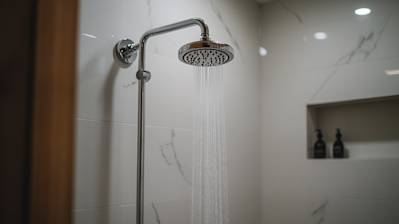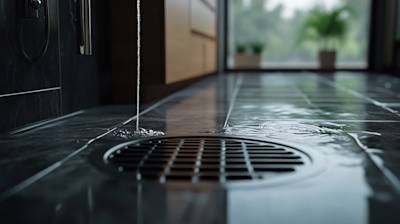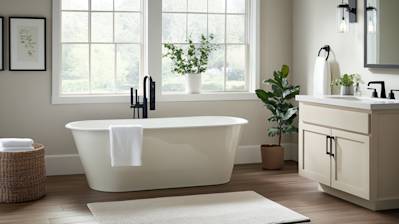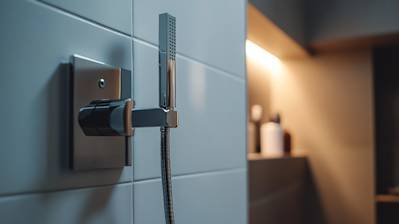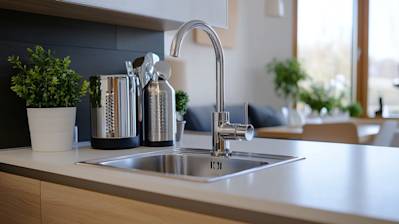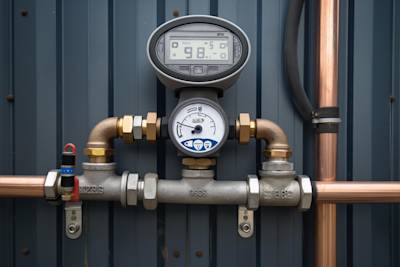Tankless Water Heaters
Do you know those days when you desperately want a long, hot shower after your workout? Or maybe you want to wash off a tough day at work? You dream about it as you drive home. You strip en route to the bathroom and turn on the tap. Insert crickets. Horror upon horror, there is only cold water! You think to yourself, “Did I forget to put on the geyser in my attempt to conserve electricity?” “Did the power trip?”. Whatever the reason might be, you are now clearly upset about the lack of hot water. Fret no more; read this article to discover the perfect solution. Enter the Tankless Water Heater! Imagine never having this issue again!
But how can a Tankless water heater help me?
You guessed it. This is a device that provides on-demand hot water when you need it. And the best of all? It is instantaneous! As opposed to other water storage mechanisms, this device actually saves you money. They don’t manufacture standby power losses that are characteristic of their market counterparts. This ultra-efficient unit comes completely armed with new-age technology aimed at optimizing your lifestyle.
The Benefits of a Tankless Water Heater
Starting off on a positive note, these reasons might just be the key to unlocking the comforting thought of always having instant hot water:
Superior energy regulation
Due to its optimal energy efficiency, you will save money in the long term. At first, it might come across as a considerable investment to make. But over time, the device will pay for itself, and you will start saving. Who is not in the business of seeking sustainable, cost-effective solutions?
Higher lifespan than its closest competitors
An average water tank heater has a shelf life of between eight to 12 years. With a tankless water heater, you can literally get double the mileage. One tankless water heater can last you up to 25 years. As if you needed any more convincing that this is a necessity.
Less storage space than most other water tanks
One factor that makes buyers hesitant to invest in such a device is that average water tanks require a lot of space. This can be a challenge for people that live in smaller apartments in the city due to space constraints.
We have the answer to your hot water needing prayers. The counterparts of this tankless water heater measure in at two feet wide and over five feet tall. The space-saving tankless water heater only comes in at 16 inches (w), 26 inches (l), and 6 inches in depth!
An unlimited supply of hot water
This compact little device gives you instant access to hot water. Best of all is the feature for it to produce unlimited amounts of steaming water. This is an ideal solution for a large family or even for a sorority.
Imagine not having any tenants complaining when they need to share a water tank with the main household. This tankless water heater is going to be your new best friend.
The safety factor
This on-demand water heating solution is also a safety pioneer. In sharp contrast to its nearest competitor, they don’t waste gallons of water. Other key safety features include not entertaining the notion of harmful bacteria such as Legionella bacteria. The added benefit for areas prone to earthquakes is that the device won’t fall over, despite its stature. The supply of air and exhaust pipes and vents are sealed shut. This means there are no risks of CO leakage back into the property.
But wait, there is more. This device always draws fresh water, meaning you will never have an issue with foul-smelling, stale water.
The Drawbacks of a Tankless Water Heater
Like everything else in life, we have to do our due diligence by advising you of the few disadvantages associated with tankless water heaters:
Financial implications
As a result of all the benefits you will gain with this device, you can expect to pay more. But all the drawbacks will far outweigh any of these concerns. Not only will the actual device be more expensive, but they are costly to install as well.
Smaller, gas-powered units come in at $170. When you need more power, you might have to invest in two devices. The higher output devices can cost you almost $2000 but can then run two showers simultaneously. The electric version can range between $90-$900. Therefore, you can bargain at an average cost of $1000 to be safe.
Possible high installation costs
The installation cost is all dependent on whether your property will require retrofitting. We highly recommend that you get an accurate quotation from a specialist. This plumber will need to ensure that all connections are appropriately fitted for your individual requirements. Retrofitting speaks to when the plumber needs to install a booster of sorts that can fit onto your existing gas or water heater.
Mitigating output challenges
You don’t want to be in a position where the size of the tankless water heater cannot meet your demands. This issue is easily alleviated by obtaining a few quotations from reputable installers.
They will visit the premises and provide valuable insight into a budget-friendly option that will work in your scenario. They will recommend the product with the best capability to ensure that you have hot water, every single time, sans any challenges. If you cut any corners, you will be at risk of paying for a device that does not adequately meet your needs.
Slow-flow sensitivity
Over time, the scale will build up in articles such as shower-heads and taps. These should be maintained regularly to prevent the scale from clogging the aerators. Failure to do so will result in the slow-flow of water to as low as 0.3 gpm. In worst-case scenarios, the devices will completely shut down. You will have to budget annually for a professional to perform a cleaning service and also change air filters.
If you find yourself residing in an area with hard water, you can rinse the buildup with vinegar and reduce the scale. This can be performed by yourself or with the help of a Sacramento water heater company specializing in maintenance of this kind.

